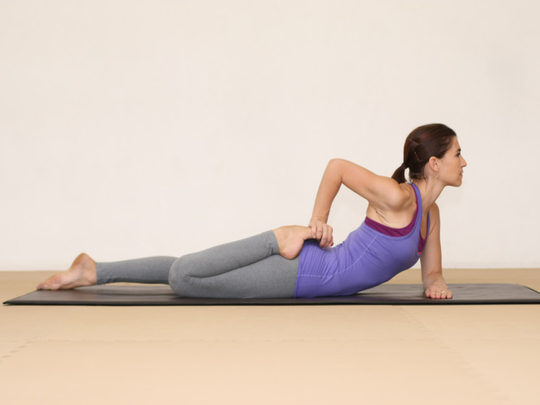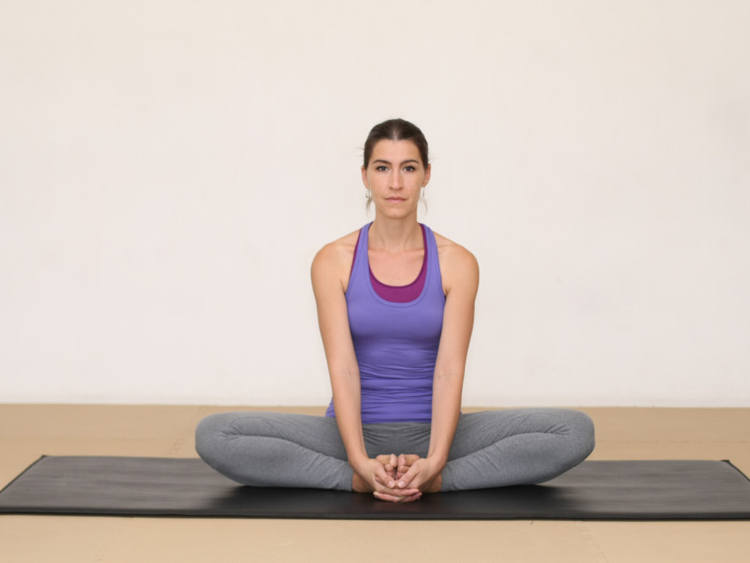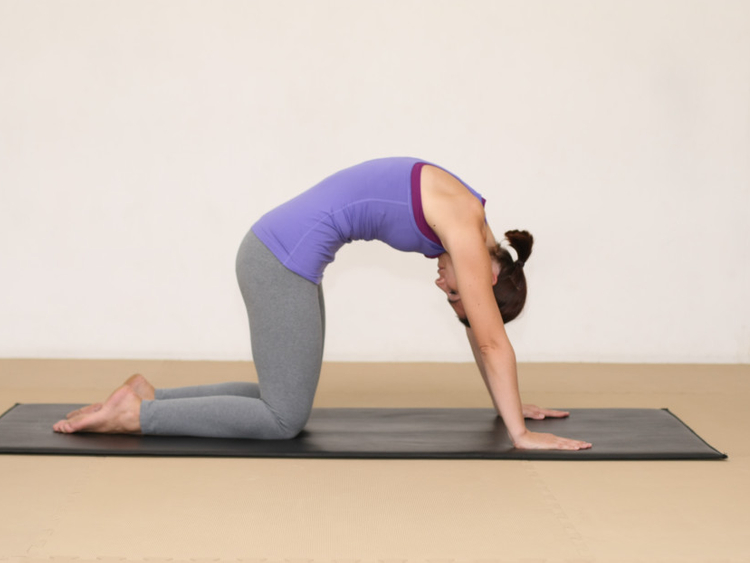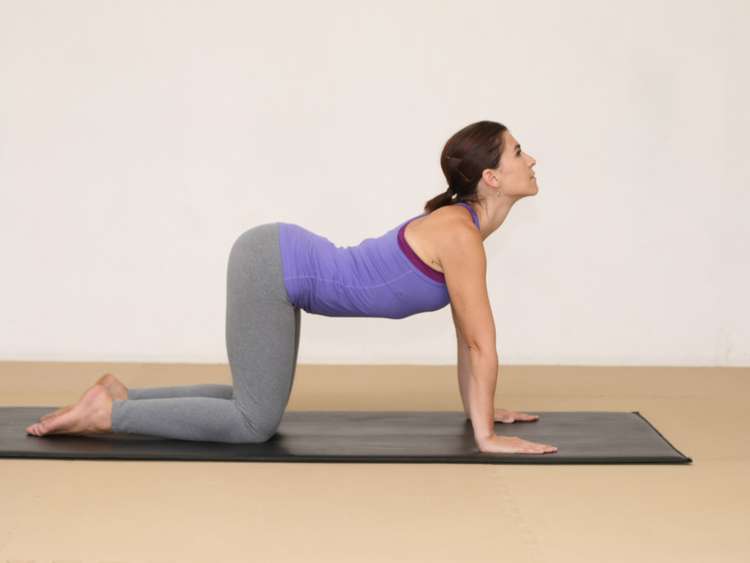
When you start yoga classes or an exercise routine after decades of living a sedentary lifestyle, don’t forget your body is conditioned to minimal amount of physical activity and limited usage of muscles and joints. Your brain is also used to a specific daily routine. Identifying your limitations is the first step towards bringing a change in your health and lifestyle. Simply doing difficult asanas or postures will not take you there. Yoga is about breaking your habits, not your body.
Prepare for pain
The first week can be tough on your body. When you step on the mat, your body will experience several changes. Yoga postures are designed to contract and stretch muscles in a systematic manner, while aerobic activity and postures are designed for muscle contractions and can lead to lactic acidosis in the body.
When you exercise, body uses oxygen to break down glucose for energy. During an intense yoga session, there may not be enough oxygen in the body for this process, so lactate or lactic acid is generated. Your body can convert lactate to energy but it is difficult to burn lactic acid at the same rate at which it is generated. Thus the build-up of acid in the bloodstream causes muscle ache, burning, rapid breathing and sometimes nausea. Unless the muscles are stretched well after an intense workout, the lactic acid remains and continues to cause body ache the following day.
Sore hamstrings, quadriceps, calves, lower back and shoulders are common complaints following any form of exercise. The best way to avoid this is stretching, drinking plenty of water, eating light and getting good sleep on the days you exercise.
More importantly, you must listen to your body and go easy in the first week, yet ensure consistency in attendance in order to condition your body to the intensity of the exercise.
Internal changes
Several internal changes happen in the body when you begin to do yoga. Your heart may not be used to any cardiovascular exercise where the heart rate varies, blood circulation increases and breath rate is chaotic. At such times, you must listen to your body and slow down to allow it to cope gently with the increased stress.
Hormonal changes occur in the body too, which are proven to be good to counter stress, reduce inflammation, improve immunity and stimulate the growth of new brain cells. The increased release of endorphins in the body also improves mood and energy levels. Growth hormone is stimulated, leading to cell reproduction and regeneration. Studies have shown that yoga can have an almost immediate effect on the brain, calming and rejuvenating it. This boosts thinking and memory power.
Regular practice of yoga can contribute drastically to your overall health and wellbeing. The challenge lies in not giving up and maintaining a consistent routine. Discussing your goals and limitations with your instructor can help them guide you better. It is a good practice to inform them of any discomfort. The instructor is also a motivator who helps to make healthy choices. A good diet, small lifestyle changes — such as stretching every few hours at the desk — maintaining regular meals and sleep schedules also help you to live a healthy life.
Reader query
tabloid! reader Aftab wrote to inquire about his condition.
“I am 80 years old, in normal health. Once in a while I feel a headache after standing up from a sitting position and I feel like I will fall down. Sometimes I do fall down. Kindly advise and suggest yoga exercises. Thanks.”
Aftab, practise neck and shoulder rotations 5-10 times each. Postures such as tadasana (mountain pose), vrikshasana (tree pose), marjariasana (cat pose) and gomukhasana (cow face pose).
These postures will help improve blood circulation and a sense of balance in the body. Slowly introduce the practice of sahaj pranayama (easy breathing exercises) for a duration of ten minutes every day.
Next week: Conquer your fears with yoga
This is an interactive series, in which we will bring you practical tips
on daily living, inspired by the vision of yoga. Write in to tabloid@gulfnews.com with your questions and doubts regarding enhancing your lifestyle through yoga. For more information, call 800-YOGA (9642) or log on to artisticyoga.com














